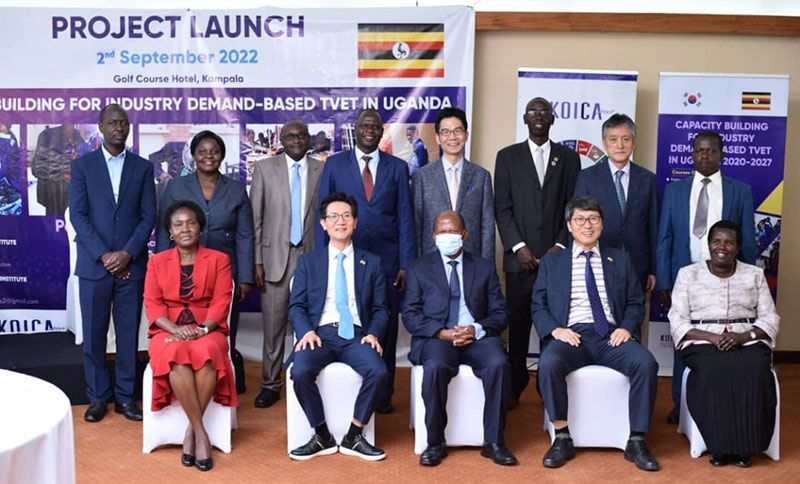
Education
Republic of Korea supports demand-based industrial training in 6 technical institutions in Uganda through KOICA

Bottom L-R: Permanent Secretary (MoES)-Ms. Ketty Lamaro, Ambassador Republic of Korea- Park ,Sung Soo, Hon Minister of state higher education-Hon .Dr. John C. Muyingo, Country director KOICA- Kim Taeyoung and Director HTVET- Dr Jane Egau.
Photo credit: ERTV Photographer
Uganda has one of the youngest populations in the world, with about 78% below the age of 30, and this is already a challenge for the country because of the visible high rates of unemployment. Is it that the employment opportunities are scarce or is it that there is a lack of the required skills?
Technical and Vocational and Education training is not a new system but one that has not been given enough attention in the past. In fact, it is not surprising to note that to date, many students and even parents still hold onto the stereotype that enrolling in a technical institution is for those students that failed to attain the grades to join university, or it is for those that are not intelligent.
Recently, this ideology is slowly fading away with the success stories coming out of these technical institutions where many youths are slowly but surely developing a change in mindset. Through vocational training, they are now able to acquire hands-on skills that encourage them to be self-reliant and stable even opening opportunities to employ others.
To seize this opportunity, the Ministry of Education and Sports submitted a project proposal to the Korea International Cooperation Agency (KOICA) to request for assistance in improving Capacity Building for Industry Demand-Based Technical and Vocational Education and Training in Uganda. This proposal was approved by the Government of the Republic of Korea. An in-depth feasibility study was carried out and the project was commissioned in 2020.
The government of Uganda through the Ministry of Education and Sports in collaboration with Korea International Cooperation Agency (KOICA) through Korea Chambers of Commerce and Industry (KCCI) are extending support to the skilling subsector through the Capacity Building for Industry Demand-Based TVET Project that was launched on 2nd September 2022 at Golf Course hotel, Kampala.
The project’s overall objective is to increase the employability of youth in Uganda by strengthening technical and vocational education and training based on industrial demand. It is a seven-year project (2020-2027) with a budget of $7M targeting 6 Vocational Training Institutes that include Ntinda VTI Kampala, Arua TI Ragem, Kiryandongo TI, St Benedict TI Mubende, Nyakatare TI, Kanungu and Iganga TI respectively. The project focuses on five trades; Electrical, Plumbing, Welding, Automotive engineering, Fashion and design with an emphasis on six months’ short-term courses, mainly practical in order to equip students with skills and competencies as per the demand in the world of work.
During the launch ceremony, the guest of honor Hon. John Chrysostom Muyingo – the Minister of State for Higher Education, appreciated the government of the Republic of Korea for this wonderful project. He further emphasized that it is timely and in line with the NRM Governments’ plan which has positioned skills development as a strong pillar for the development of this country. He concluded by pointing out that the challenge that the government is currently looking into is equipping youth with the right mindset and set of skills required. He also mentioned that this project is so much in line with where government wants to take TVET as detailed in the TVET Policy of 2019.
The Permanent Secretary Ministry of Education and Sports Ms. Ketty Lamaro was also present and in her speech she thanked the Government of Korea for their generous support to TVET subsector reforms in Uganda.
She also emphasized that developing the capacity of Ugandan instructors has been and remains a priority for the Ministry of Education and Sports under the approved TVET policy 2019. She concluded by saying that this support is part of bigger support that the Government has been receiving in years from the community of Education Development Partners.
The final speech made was by his excellency the Ambassador of the Republic of Korea to Uganda, Park Sung-soo who emphasized the importance of this project to Uganda.
He pointed out that being a young nation, the future of this country lies in how to educate the youth as competitive manpower because he believes that through this project, the demographic dividend effect will increase for the good of Uganda.
This occasion attracted various stakeholders drawn from the following categories/institutions: Ministry of Education and Sports; Ambassador of Korea in Uganda with delegates, development partners, Political leaders in the Human Capital Development Program; Local Governments; Principals of 6 Education Institutions; Industrialists, World skills Uganda, Private Sector Foundation; Civil Society Organizations; among others.
It is also important to note that the project will contribute directly to the Parish Development Model especially looking into pillar 5 which talks about community mobilization and mindset change, that is very key, especially in the area of making people understand that vocational training is not for failures but is a current national need. Through training the unemployed youth with the required skills, this will contribute positively to the transformation into a money economy, as well as the eradication of poverty and vulnerability in Uganda.




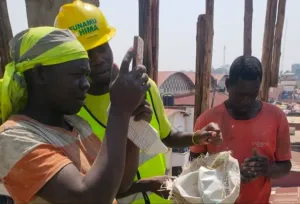
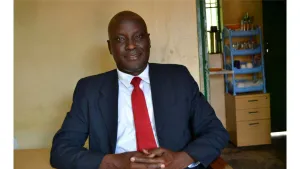
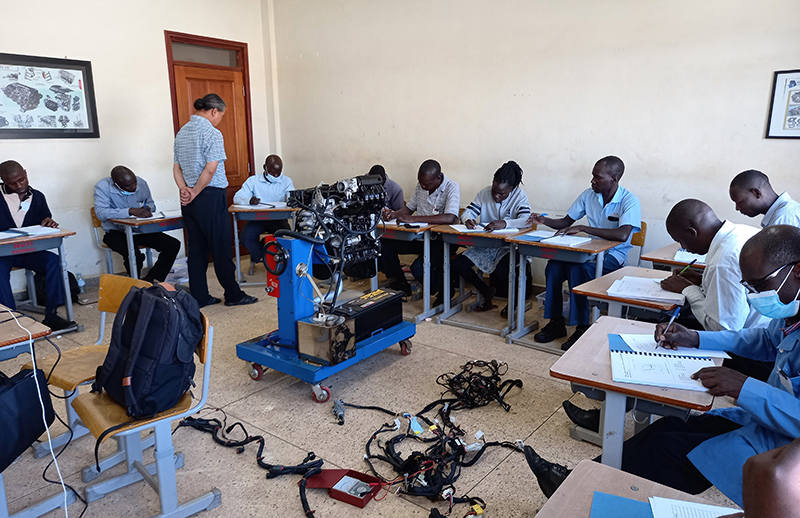
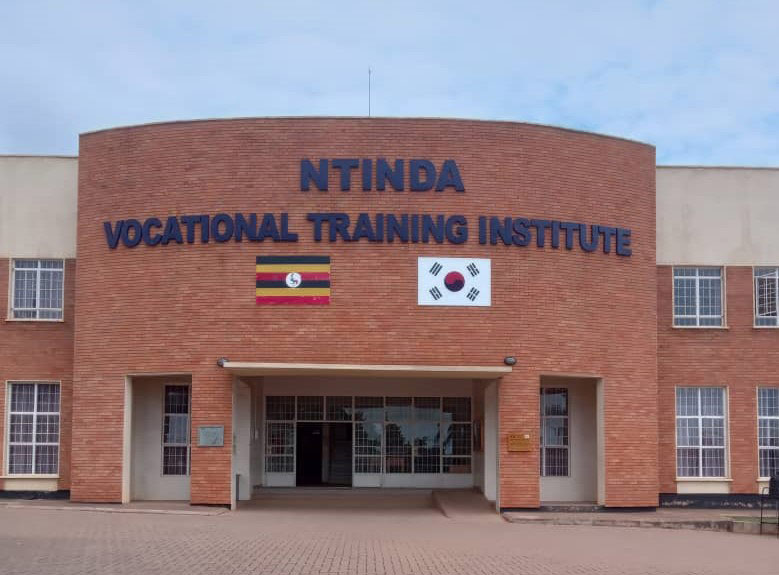
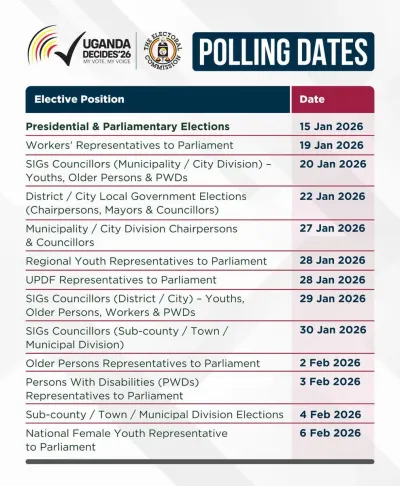




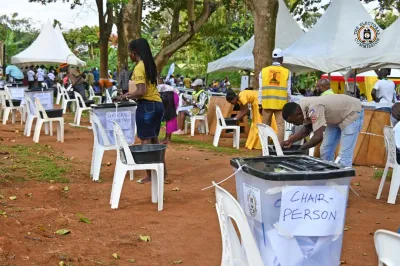
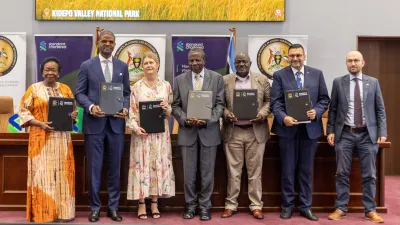
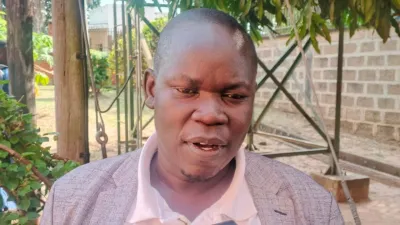
Sunrise Reporter
Leave a Comment
Your email address will not be published.